Having sleep apnea is typically synonymous with loud bouts of snoring, and short periods of breath-holding. Generally, most people go on about their lives (or sleep) without getting treatment for their symptoms of sleep apnea. But, sleep apnea is a much more serious condition than many realize and can slowly deteriorate a person’s health, eventually causing a complication.
One of the biggest dangers of sleep apnea is how it can significantly increase a person’s risk of having a stroke. Here’s everything you need to know about sleep apnea and sleep apnea stroke related incidence.
What Causes Sleep Apnea
The most common type of sleep apnea is Obstructive Sleep Apnea Syndrome (OSAS). This type of sleep apnea is caused by a blockage in the airway, usually because the soft tissue in the back of the throat collapses while breathing at night. The other kind of sleep apnea is Central Sleep Apnea Syndrome. This type of sleep apnea is caused when the brain fails to signal the muscles to breathe when you are sleeping.
Some risk factors can also contribute to a person developing sleep apnea or suffering from a stroke. For example, it’s important to note that sleep apnea is most common in men between the ages of 35 and 70, and more than half of the men who have it are overweight. Furthermore, more than half of the people who have a stroke also suffer from sleep apnea.
Some other risk factors include:
Neck circumference: Fatty deposits around the neck can lead to the obstruction of airways.
A narrowed airway: This can be genetic, or caused by enlarged tonsils/adenoids.
Family history: If your relatives suffer from OSAS, your risk is greater.
Use of alcohol, sedatives, or tranquilizers: These tend to relax the muscles in your throat.
Smoking: Smokers are three times more likely to develop OSAS. Smoking also leads to inflammation and irritated airways.
Nasal Congestion: Either because of your anatomy or allergies, you are more at risk for developing OSAS.
Sleep Apnea Stroke-Related Complications
Sleep apnea is mainly characterized by a lapse in breathing for 10 seconds or more. This continual lack of oxygen can cause increased levels of hormone, which in turn can cause high blood pressure, and untreated high blood pressure can lead to cardiovascular complications. Furthermore, Obstructive Sleep Apnea impacts the heart’s functionality and the lack of oxygen causes a lot of stress on the heart, which over time can lead to a stroke or a heart attack.
More Information
If you’re unsure whether you are suffering from the symptoms of sleep apnea, it’s important that you seek a diagnosis at our sleep center. With proper treatment, sleep apnea is manageable and will likely not lead to any more serious complications. To determine a proper treatment or to seek a diagnosis, please contact us today to book an appointment with one of our sleep specialists.

